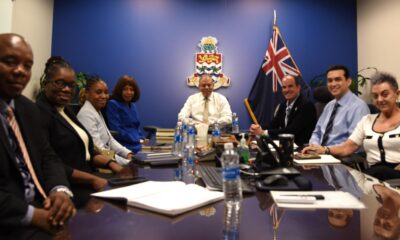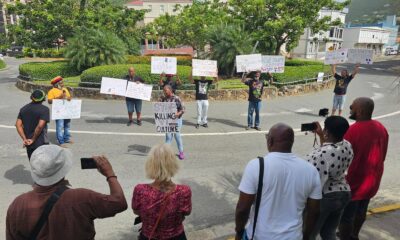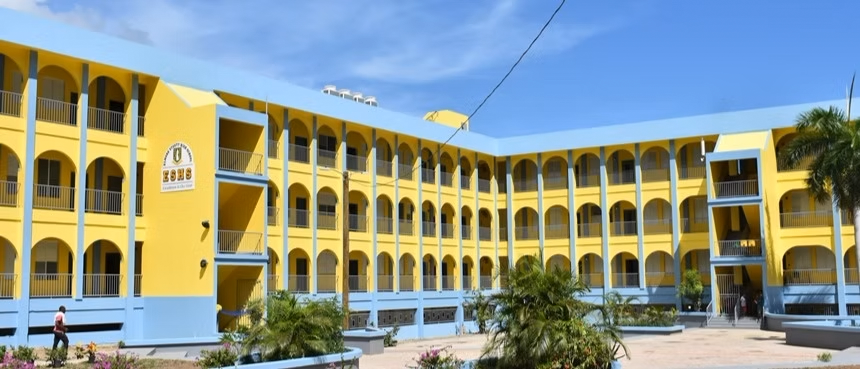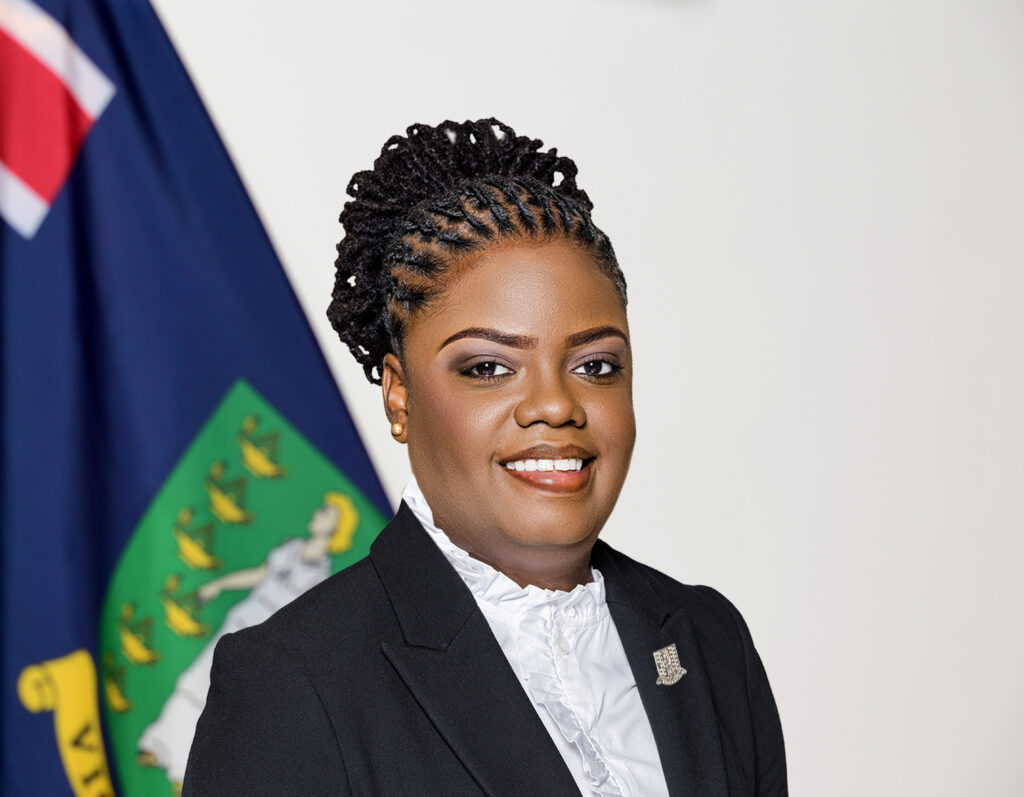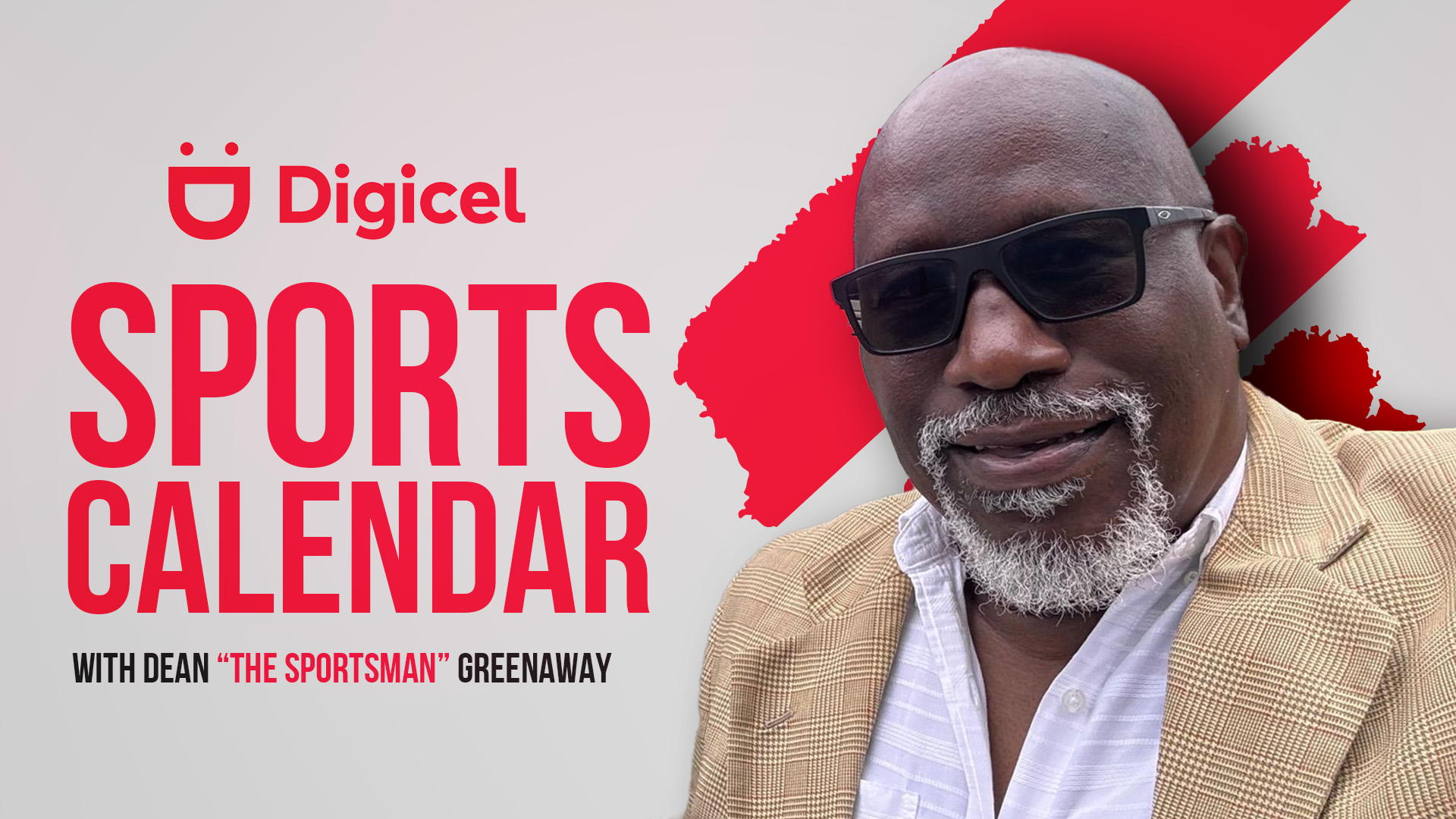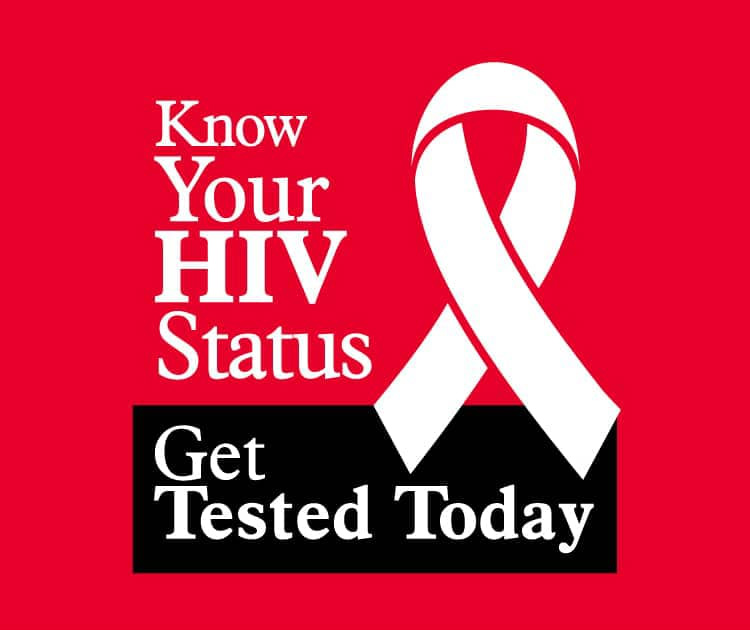Education
Arlene Smith-Thompson Raises Alarm Over Reading Literacy Gap in Virgin Islands School System
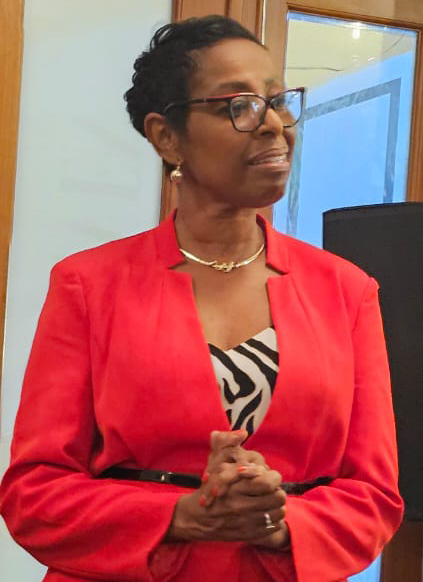
Arlene Smith Thompson, a passionate education advocate, delivered a captivating speech on September 7 to the Rotary Club of Central Tortola, shedding light on the urgent need to bridge the widening literacy gap among young students in the Virgin Islands.
With valuable insights and personal anecdotes, Thompson emphasized the crucial role of literacy in fostering lifelong learning and achievements. Drawing from her consultations with education experts, she shed light on the pressing literacy challenges faced by students in the Virgin Islands and proposed potential solutions.
Thompson’s deep connection to the issue of literacy stems from her family background. Growing up with a mother who was a dedicated primary school educator, she was instilled with the belief that literacy is fundamental to success. Thompson’s son, Khalil, also experienced the frustration of teaching English to students who struggled with reading and comprehension. These personal experiences have fueled Thompson’s unwavering commitment to closing the literacy gap among young learners.
The literacy gap, particularly in reading, has become a cause for concern within the Virgin Islands school system. While the overall literacy rate in the BVI stands at an impressive 97%, Thompson highlighted the presence of low academic attainment and underachievement among certain demographics of young students. If left unaddressed, these literacy deficits can have long-term negative consequences for these students.
Thompson further emphasized that the global COVID-19 pandemic and the impact of the 2017 hurricanes have exacerbated literacy deficiencies among students in the Virgin Islands. Citing a 2018 United Nations report, she pointed out that more than half of children and youth worldwide struggle to achieve proficiency in reading and math. Although the scale of the problem may be larger in regions like sub-Saharan Africa and Central and Southern Asia, the Caribbean region also faces challenges with substandard literacy rates in certain communities and school systems.
According to Thompson, one significant factor contributing to the literacy gap is the allure of the internet and social media platforms, which compete for students’ attention alongside a multitude of apps and games. She also highlighted the increasing popularity of artificial intelligence (AI) technology, which poses a threat to literacy skills and the intellectual development of future generations. Additionally, shorter attention spans among students in classrooms and a lack of interest in traditional texts and literature with lengthy passages contribute to the literacy gap. Students are more drawn to selective readings online that relate to their daily lives.
Thompson further emphasized the lack of commitment to controlled reading as an activity in some schools and the absence of structured reading activities in many homes. She noted that communities lacking libraries, including mobile ones, face challenges in promoting purposeful reading.
Recognizing the need for standardized data collection to accurately assess the current literacy challenges, Thompson highlighted the Ministry of Education’s plans to implement standardized literacy testing from Grades 1 to 12 in public schools. Private institutions have already adopted their own systems for testing literacy levels. Data collection from preschools and the revival of after-school programs in communities are also part of the efforts to address the literacy gap.
Thompson commended Rotary International for its contributions to literacy awareness campaigns in the Virgin Islands, including book drives, outdoor libraries, and spelling bee competitions. She emphasized the importance of continued collaboration between Rotary and educational organizations to effectively address the literacy gap.
As the Ministry of Education prepares to celebrate Reading is Fun Week, Thompson urged Rotary International to support the initiative by donating books by local authors and working towards modernizing school libraries or creating library spaces within classrooms. She also highlighted the need for durable library carts in schools and educational games for older students to stimulate their interest in purposeful reading.
Thompson concluded by emphasizing the importance of addressing root causes to effectively close the literacy gap. She highlighted the need for sustained commitment between governmental and civil society organizations, encompassing advocacy and policy development, awareness and mobilization, community-based programs, partnerships and collaboration, technology and digital literacy, teacher training and capacity building, and monitoring and advocacy.
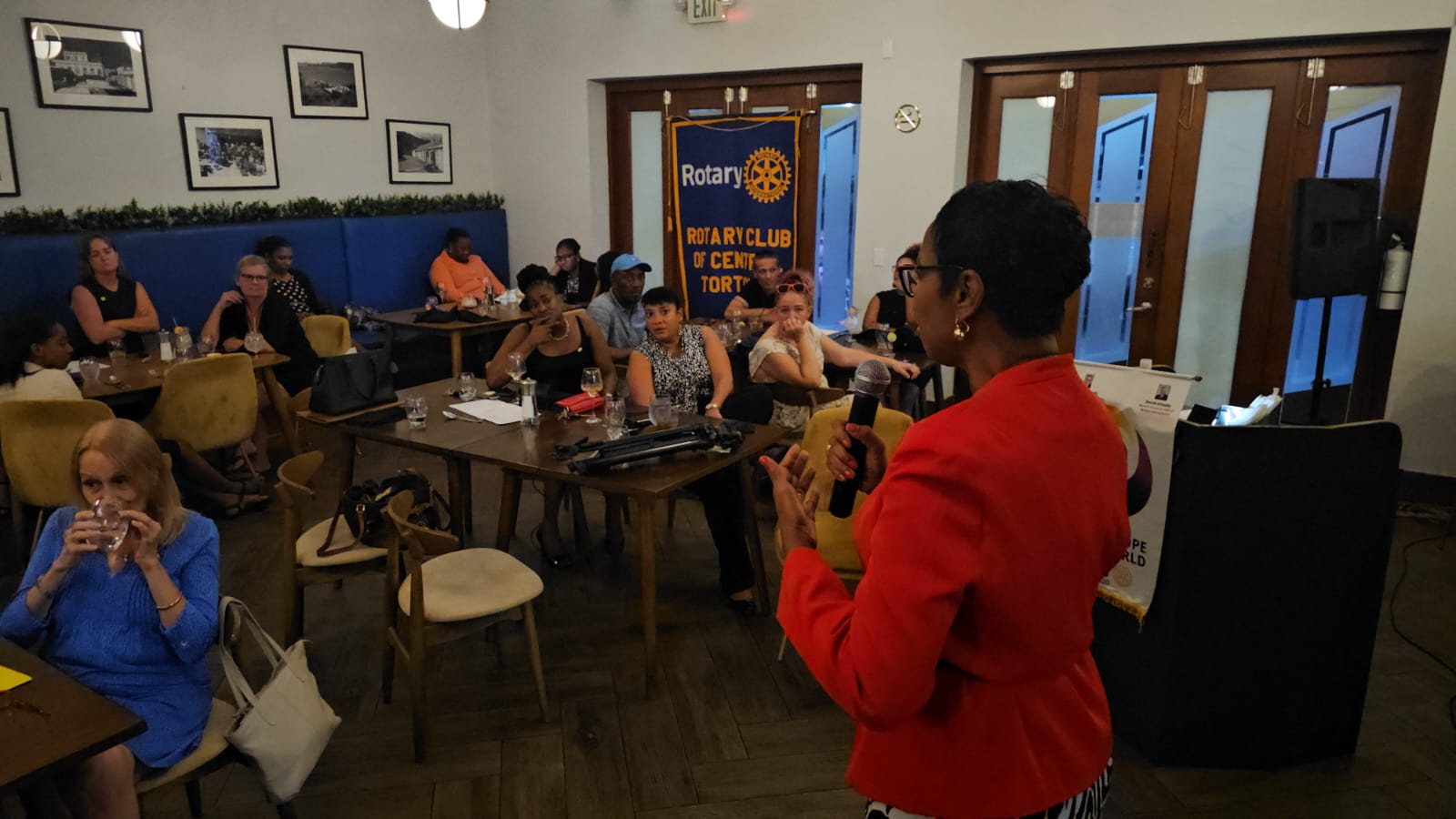
Education
BVI Records Over 85 Student Suspensions in Early 2025
Education
HLSCC Advances Institutional Reforms, Eyes Four-Year Degree Accreditation
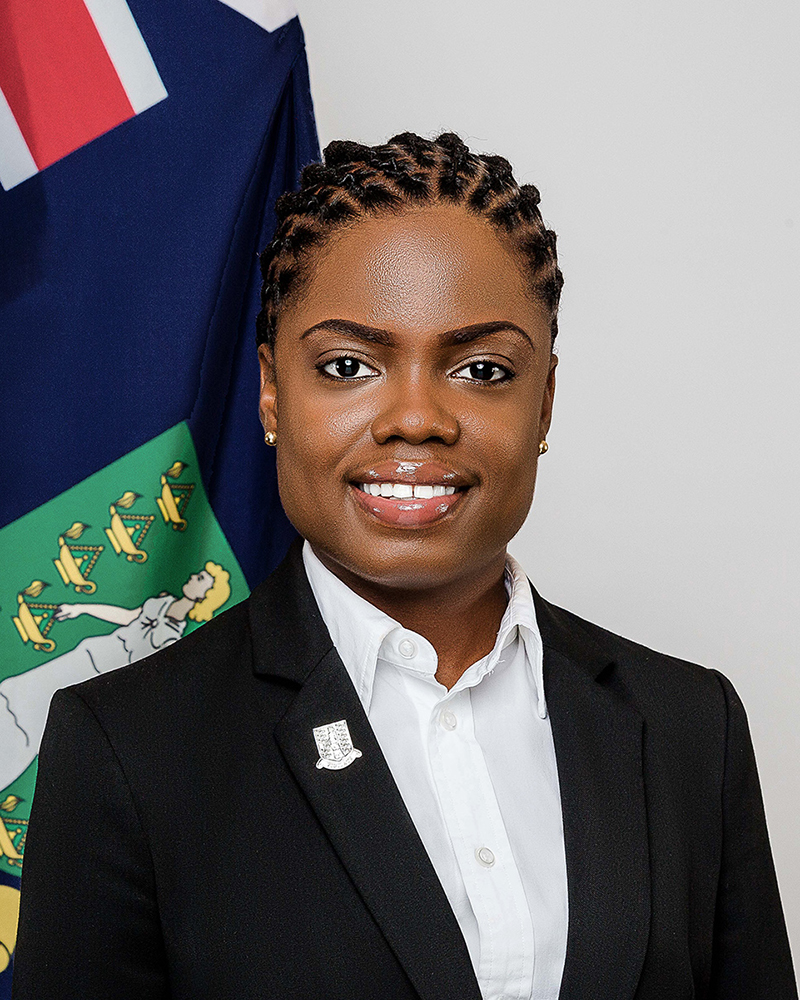
The H. Lavity Stoutt Community College (HLSCC) is undergoing a period of significant institutional reform, driven by a mandate to strengthen its organizational effectiveness and expand academic opportunities. That was the message delivered on Tuesday by Hon. Sharie B. de Castro, Minister for Education, Youth Affairs and Sports, during the Fifth Sitting of the Second Session of the Fifth House of Assembly.
With support from the Ministry of Education and the College’s Board of Governors, HLSCC has recorded steady gains across student enrolment, programme development, policy compliance, and strategic planning. Between Fall 2020 and Fall 2024, overall enrolment showed modest fluctuations, with full-time student numbers experiencing an early decline before showing partial recovery. In contrast, part-time enrolment increased steadily and now accounts for 54 percent of the 705 students enrolled in associate and certificate programmes. The rising demand for flexible and modular study options has prompted the College to place more emphasis on maintaining quality and support systems for part-time learners.
There has also been a gradual increase in male student enrolment—from 35 percent in 2020 to 41 percent in 2024—a development linked to expanded offerings in technical and marine studies. Business and computer science continue to dominate as the most popular programmes, attracting an average of 280 students annually. Meanwhile, the establishment of the Institute of Education has strengthened academic offerings in teacher preparation, with over 50 students annually pursuing degrees and certificates in education.
HLSCC currently holds accreditation through the Middle States Commission on Higher Education (MSCHE), with its next renewal due in 2028. In preparation, the College has launched a self-study process and is expecting a site visit in 2027. Among the College’s most successful initiatives is the Dual-Enrolment programme, which maintains a steady upward trajectory with about 80 students per year. The programme reflects strong collaboration with both public and private secondary schools and plays a critical role in ensuring students are better prepared for postsecondary education. The Ministry and the College are now working on further expansion of this programme, including targeted offerings in technical subjects and increased focus on college-readiness.
Additionally, students are preparing to sit for Caribbean Advanced Proficiency Examinations (CAPE) in biology, mathematics, and physics this year, following information sessions held by the College to encourage participation in CAPE studies. Financial support from the government has also increased. Over the past year, the Ministry of Education provided an additional $900,000 to the College to help meet its strategic goals and enhance the delivery of higher education.
Institutional reforms have also focused on governance. The Board of Governors approved or revised several internal policies to meet accreditation requirements and address recommendations stemming from the Commission of Inquiry. These include updated policies on academic freedom, faculty and staff appointments, performance evaluation, contract management, compensation and benefits, retirement, and student academic integrity.
A major component of the College’s recent reform was a comprehensive compensation review conducted by Ernst & Young from April to November 2024. This consultancy aligned with broader compensation reforms across the Virgin Islands public service. Minister de Castro, who has consistently advocated for fair and competitive compensation for educators, noted that the College’s salary structures had not been formally reviewed since 2009, apart from a 3 percent increment approved by the Board in 2023. The EY report recommended simplifying and increasing faculty salary bands to bring them in line with government compensation frameworks, with salary increases tied to performance and career development. The report also advised that compensation decisions be governed by transparent, formalised policy.
In response, HLSCC adopted a new simplified salary band structure that is now reflected in job advertisements. Faculty salaries saw a 35 percent increase in starting salary bands, and existing faculty whose salaries fell below the new benchmarks received adjustments retroactive to January 1, 2025.
Looking ahead, the College has been given a mandate by the Minister to explore the feasibility of offering four-year bachelor’s degrees in strategic disciplines. Initial work has begun toward the accreditation of a bachelor’s degree in education, aimed at addressing a well-documented national shortage of trained educators.
As HLSCC marks its 35th anniversary, it continues to pursue its mission of providing quality academic programmes backed by international accreditation, multiple articulation agreements, and a growing alumni base contributing to the economic and social development of the Virgin Islands.
ADVERTISEMENT:


Education
Twelve Primary Schools Advance to Final Round of 2025 Spelling Bee

Twelve primary schools in the Virgin Islands have secured places in the final round of the Ministry of Education, Youth Affairs and Sports’ 2025 Spelling Bee Competition, scheduled to take place on 4 June.
The finalists were selected from a group of 17 schools that participated in the preliminary round, which featured a total of 34 students. Competitors prepared by studying a word list comprising approximately 3,000 words ahead of the event.
The final round of the competition will be streamed live on the official Facebook page of the Government of the Virgin Islands.
A recording of the preliminary round is also available for viewing on the same platform, at BVIGovernment.
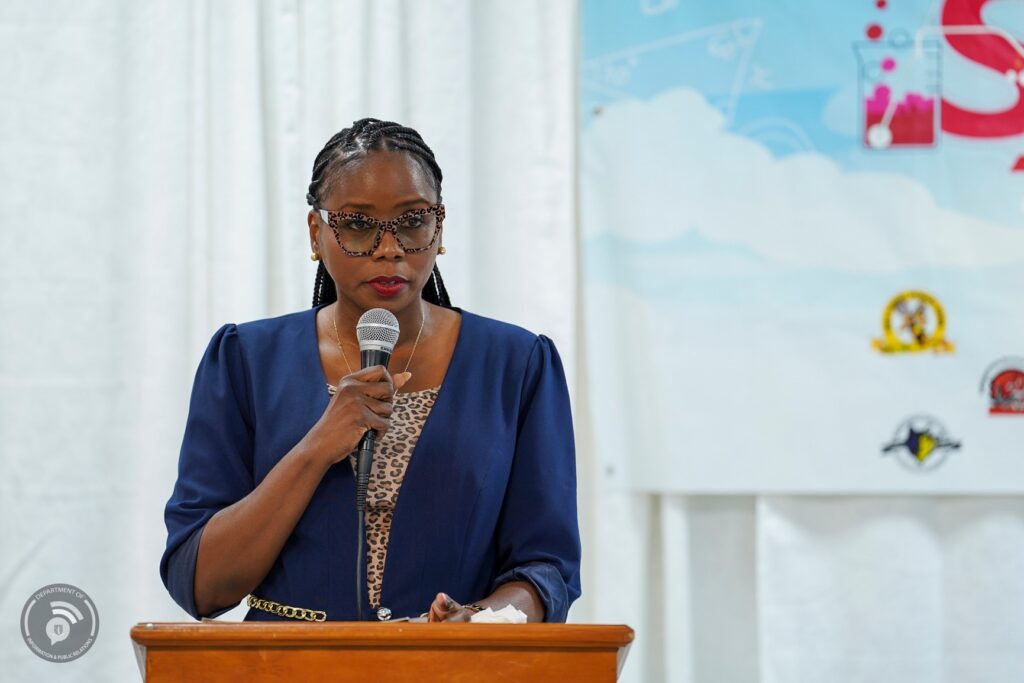
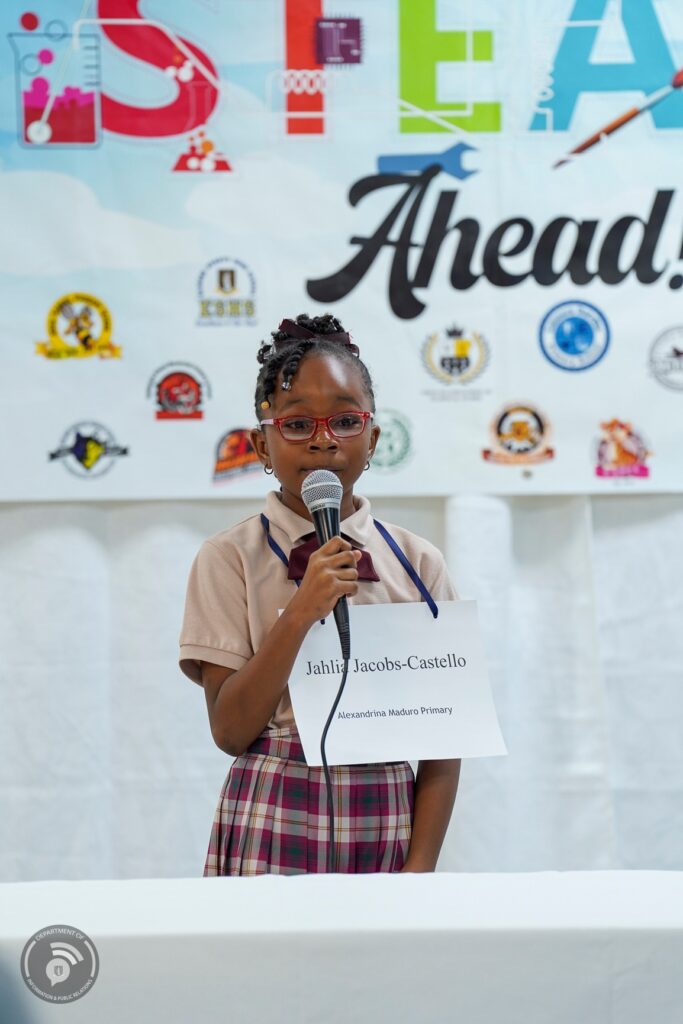
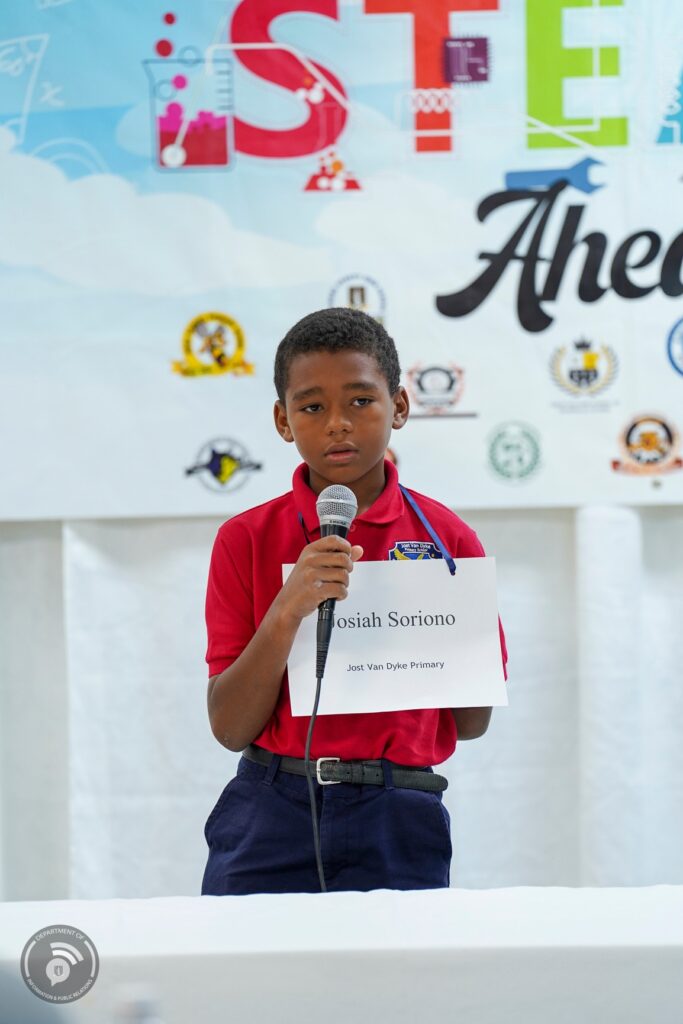
-
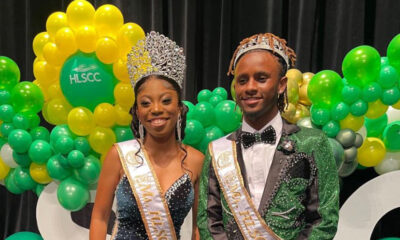
 Entertainment4 days ago
Entertainment4 days agoK’Meeya Chung and Dakarai Wheatley-Adams Crowned Miss and Mr. HLSCC 2025
-
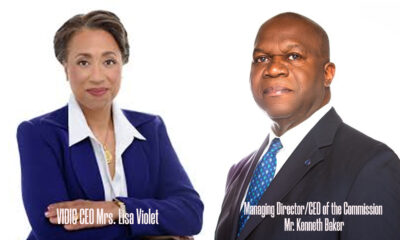
 Uncategorized7 days ago
Uncategorized7 days agoBritish Virgin Islands Regulators Move to Wind Down Bank of Asia (BVI) Limited
-
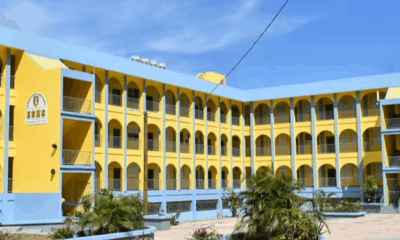
 Education1 day ago
Education1 day agoBVI Records Over 85 Student Suspensions in Early 2025
-

 Entertainment6 days ago
Entertainment6 days agoNeil Frett Named Honouree as 71st Virgin Islands Emancipation Festival Officially Launched
-
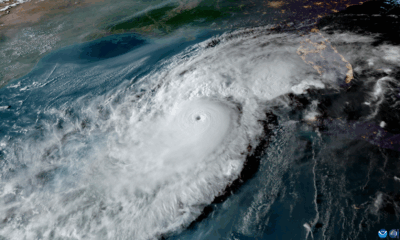
 Local News4 days ago
Local News4 days agoCaribbean Braces for Active 2025 Hurricane Season
-

 Local News6 days ago
Local News6 days agoBVI U19 Rugby Squad Departs for Dominican Republic Development Tour
-
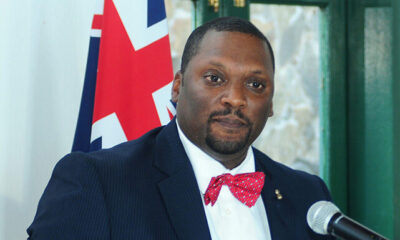
 Uncategorized1 day ago
Uncategorized1 day agoDeputy Governor Refutes Claims of Denying Public Officers Right to Protest
-
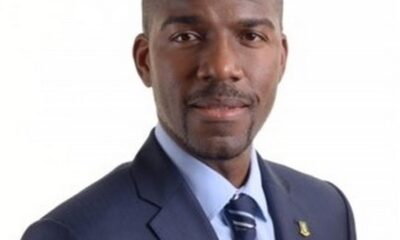
 International6 days ago
International6 days agoBVI Urges UK and Other Colonial Powers to Support Self-Determination of Remaining Territories




